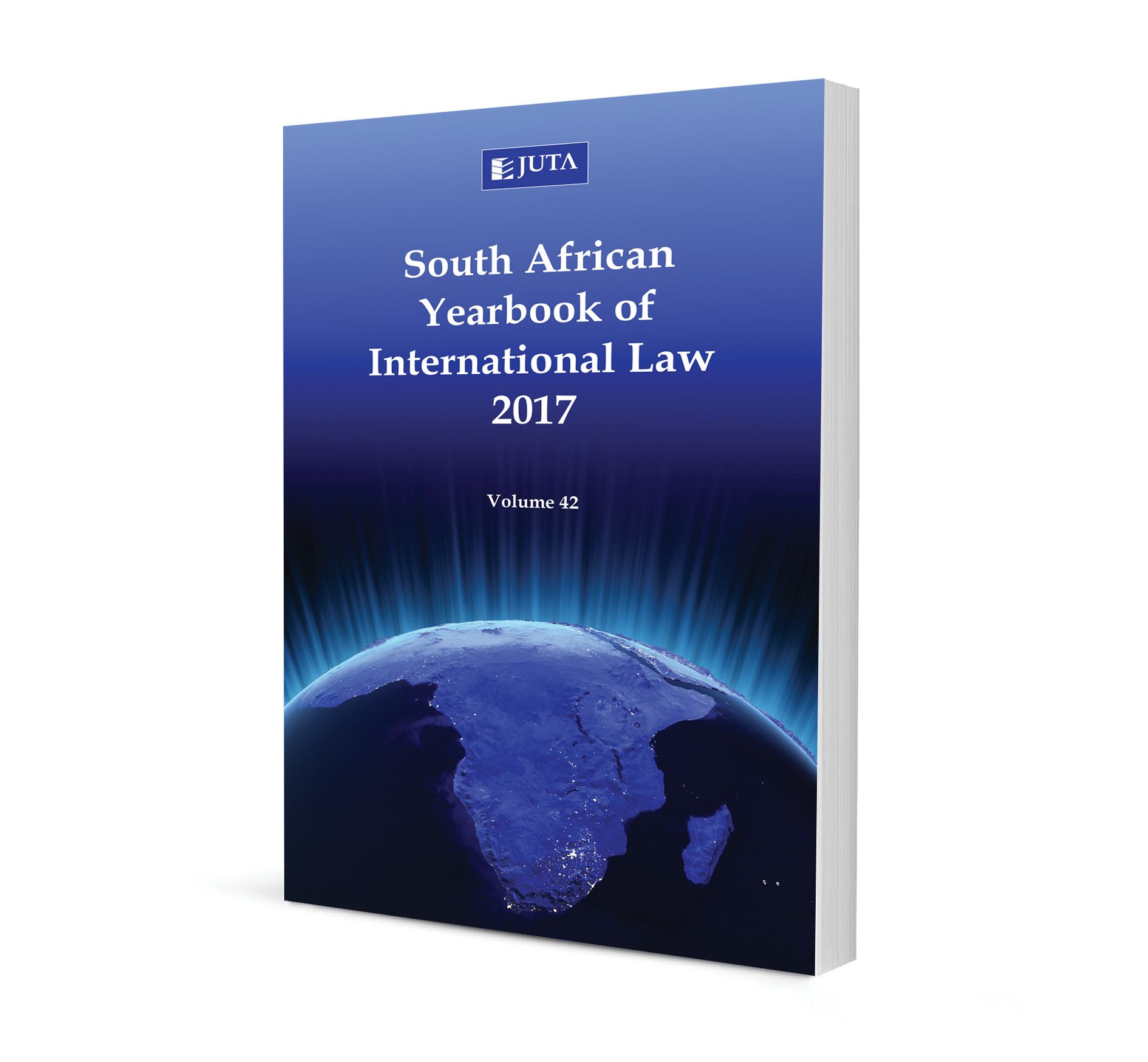
The Human Security Dimensions of Ebola and the Role of the UN Security Council in Fighting Health Pandemics: Some Reflections on Resolution 2177/2014
Authors I R Pavone
ISSN: 2521-2583
Affiliations: Researcher, Institute of International Legal Studies, Italian National Research Council, Rome
Source: South African Yearbook of International Law, 2014, p. 56 – 80
Abstract
During 2014—2015 an outbreak of the Ebola Virus Disease (EVD) ravaged the West Africa region, which led to the World Health Organisation (‘WHO’) formally declaring the outbreak a ‘Public Health Emergency of International Concern’. The United Nations Security Council (UNSC), in turn, adopted resolution 2177, which for the first time in history, considered a health epidemic ‘a threat to international peace and security’ under Chapter VII of the UN Charter. In particular, the UNSC maintained that the situation would be susceptible to provoking ‘further instances of civil unrest, social tensions and deterioration of the political and security climate’ in West Africa. While it is too early to establish the concrete impact of resolution 2177 on the future UNSC practice with regard to infectious diseases, this resolution is evidence that health issues have become increasingly ‘securitised’ within the UN system. It may also suggest that the UNSC is continuing to expand the notion of a threat to international peace and security under international law ‘to align more closely with a human security framework’. This contribution engages with both the positive and negative aspects to the UNSC’s classification of Ebola as a threat to peace and security. In particular, the implications of the framing of health pandemics as international security issues in terms of human rights protection through the risk of overriding the civil and political rights of those affected by an infectious disease, is discussed. This raises the question whether EVD is a matter beyond the powers of the UNSC or more properly a matter for other organs of the UN system. The validity of this theory is analysed in depth, whereafter I offer reasons why the process of securitisation of climate change failed and was highly criticised — in the main by developing countries — while Ebola did not elicit a similar response.